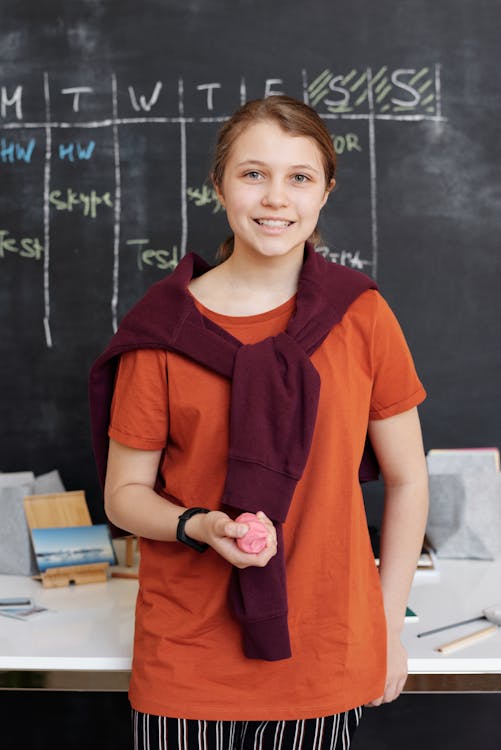
I think it'd be silly for me to say I don't have a fair amount of privilege, considering the country I live in and the job I get to do and the college I was allowed to go to. - I suppose being a white male will help me end up somewhere towards the front, but I'll take a few steps back from being gay.
I don't think I'll make it to the front. I think I'll maybe be in the middle. That's just a gut feeling I have. If you parents worked nights and weekends to support your family, take one step back. If you can show affection for your romantic partner in public without fear of ridicule or violence, take one step forward. If you were embarrassed about your clothes or house while growing up, take one step back.
If you have ever been diagnosed as having a physical or mental illness or disability, take one step back. If you have ever been bullied or made fun of based on something you can't change, take one step back. If you get time off gory our religious holidays, take one step forward. If you came from a supportive family environment- If you can see a doctor whenever you feel the need- If you are able to move through the world without fear of sexual assault- If you took out loans for your education- If there were more than 50 books in your house right now- So these are your final positions.
I think it felt kind of strange for everyone. It's a hard thing to discuss or even reflect on. It was very awkward. I think when you can represent it so visually like this and so immediately, indefinitely takes on a new form. - Oh, I think we're all joking around in the beginning. It was pretty lighthearted and as soon as the questions started coming in, the mood shifted immediately and it was just silent.
Just looking back and seeing a bunch of people behind you is not a good feeling. - It's like weird how you want to hold onto explaining a certain privilege like, "Oh, but that'snot actually me because I hard to work really hard for that." So it's weird to take a step forward when you feel like you're taking a step forward with someone else, but you wear a lot of the baggage of how those things were hard. - It was more emotional than I though it would be.
It reminded me of when they talk about slavery in high school and you feel angry for a few days, but then you just realize like, this is how it is. - For me it was just kind of frustrating almost to look back and see how much further some people were behind me and realizing that, you know, a lot of that stuff, no amount of hard work or even legislation can make up that gap. - It's interesting being an Asian American because you're not really sure where you fall on the spectrum of privilege.
I know that for me one of the reasons I ended up so far back was that there were questions around safety. As an African American, as a woman, as a gay woman, there was just so many different ways that I don't feel safe. - I feel like I just learned to be grateful for what you have. You know, we're in such huge society where it's always complaining about what you don't have.
It just shows you that for some families, like each family, you're meant to do better. My grandparents did good,my parents did good, and I'll do even better. - I do think if you're not aware of privilege you should do this exercise, but it's more complicated.
Teen Health: Violence Prevention

No matter where we live, the signs and impacts of violence are seen all around us. violence has a lasting effect on the physical and mental well-being of youth. it's a public health issue that demand attention.
violence can include bullying, physical fighting, sexual and physical assault, or homicide. although rates of violence vary across the globe, many teens are either victims, witnesses, or perpetrators of violence while at home, at school, or at work. research shows that 22.6 percent of youth in grades nine through 12 report being in a physical fight within the last year. 20.2 percent report being bullied on school property, while 15.5 percent report being bullied electronically.
in addition, 10 percent of high school age students report experiencing physical violence, and another 10 percent report experiencing sexual violence from a dating partner within the last year. everyone can play a role in preventing violence. take action by telling a trusted adult about your concerns and asking for help if you are worried about being a victim of violence.ask someone in authority to help you develop a safety plan for when you are in a potentially dangerous situation. if you are feeling angry, remain calm, listen to the other person's point of view, and try to seek different solutions and compromises. also, talk to a friend about your feelings if you have been victimized or have witnessed the victimization of another.
you are not alone. help is out there. talk with a parent, a teacher, or a trusted adult. it's important to seek help as soon as possible. remember there are a number of organizations whose sole purpose is to work with teens in the prevention and treatment of teen violence. you can take the first step by contacting your local health department, police station, or medical facility for more information.



0 Comments